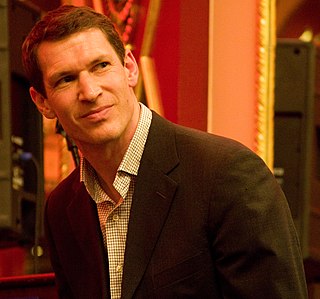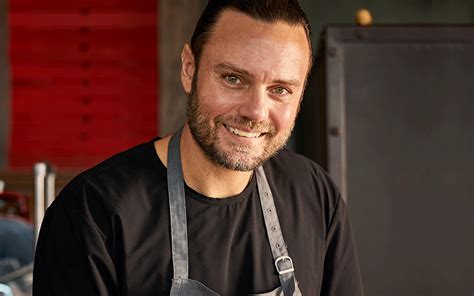A Quote by Wendell Pierce
One of the richest countries in the history of the world having communities where people have to go over half an hour to get to fresh produce and food is unacceptable.
Related Quotes
By the end of the 1960s, the United States owned more than half of the Indian rupee money supply, and that had been acquired through food aid. So I think it's very interesting to see the very long history of how sovereignty and food go together. When some countries remove another country's ability to feed itself, it is a very powerful tool. Imperialist countries, like the United Kingdom, like the United States, have used it for centuries.
There's also a growing trend toward having gardens in schools to literally show kids where food comes from by having them grow and prepare their own food. There's also a movement that's bringing farmers into schools and creating relationships between local farms and local cafeterias, so that instead of frozen mystery meat, you have fresh produce that's coming from the area that has a name and a face associated with it.
We are living in the richest country in the history of the world, yet we have the highest rate of childhood poverty of almost any major country and millions of people are struggling to put food on the table. It is my absolute conviction that everyone in this country deserves a minimum standard of living and we've got to go forward in the fight to make that happen.
I've been all over the world on my own because, as a scientist, you travel a great deal if your work is reasonably successful or published. I get invitations to go to all sorts of strange countries where I would mostly be by myself and just meet other people there, instead of having travelling companions.
We often confuse or loosely use the ideas of crony capitalism or neoliberalism to actually avoid using the word "capitalism", but once you've actually seen, let's say, what's happening in India and the United States - that this model of US economics packaged in a carton that says "democracy" is being forced on countries all over the world, militarily if necessary, has in the United States itself resulted in 400 of the richest people owning wealth equivalent [to that] of half of the population.
Latino actors and actresses have had to struggle for decades, but when I came around with Real Women Have Curves, attitudes were starting to change. We screened the film all over the world - in Jewish communities, black communities, Greek communities, German communities - and people across the board said, "That's my family."
We want to see a struggle. We want to see people falling over but getting themselves back up on their feet, and that's what's extraordinary- ordinary people and their struggle. There's nothing as interesting as real life out your window. You walk down the street for half an hour, I'll give you half an hour of drama.
All communities, and low-income communities especially because of food insecurity and lack of access to healthy foods, need more farmers markets, need more community gardens and urban farms. It would be great if people living in communities had the tools and resources to grow food in their own backyard - community-based food systems.




































